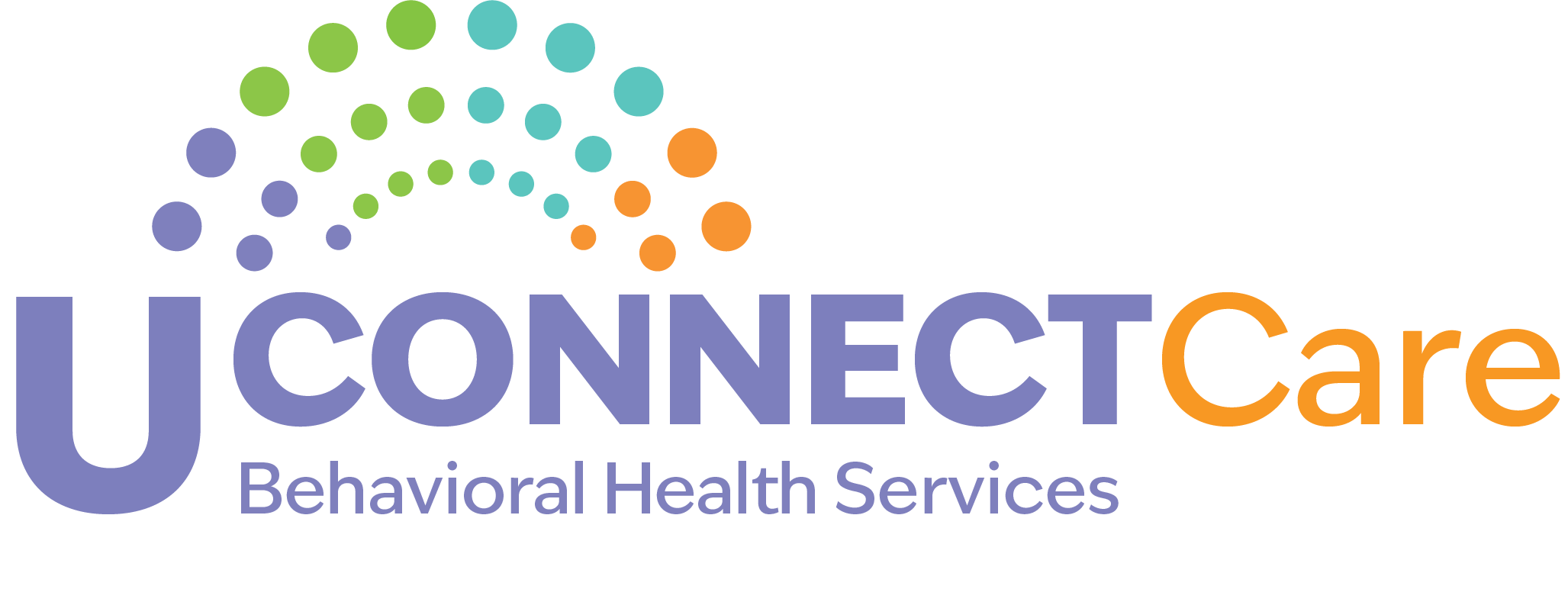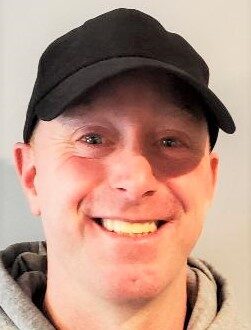By Mike Pettinella
Looking back at Scott Davis’ journey to recovery, it is clear to see that the Orange County native – and former Batavian – was ahead of his time.
Davis took his first sip of alcohol at the age of 11, escalated his drug use to LSD and ecstasy in his early teens and eventually became addicted to heroin and fentanyl, behavior that resulted in separate stints in rehabilitation, shock camp and prison.
Today, the 43-year-old Davis has been in recovery for more than three years. He has a good job as a certified peer recovery advocate for the Rochester Regional Health system, a loving fiancée, Heather, and a beautiful 18-month-old daughter, MacKenzie.
While his story may seem like the typical “former drug user who went to jail and came out on the other side” variety, there’s much more to it than that when you learn that Davis relied upon his instincts and intellect to turn his life around.
Even before it was accepted as a key component of substance use treatment, Davis said he embraced the concept of “medication for opioid use disorder” – MOUD for short.
In 2012, as he was fighting a losing battle against cocaine and heroin, Davis found out that there was medication available to counteract the hard drugs.
“I had spent time in county jail and nine months in prison shock (camp) after violating probation (stemming from burglary and other felony charges),” he said. “I went on methadone because I could not stop using heroin. The legal system did not understand the importance of medication. They said I was replacing one drug for another.”
Davis said neither law enforcement officials nor counselors supported his desire to use methadone at that time.
“The stigma was alive and well,” he said. “I tried to be responsible on it. It was working for a while. But they didn’t care; they did not approve of it. It was all judgment.”
He went to outpatient and inpatient treatment facilities but all he heard was that he needed to get off hard drugs without any so-called replacement therapy.
“It definitely wasn’t the person-centered care that we have today,” he said.
Davis recalled that he got into drugs as a result of his feelings of isolation as a kid and it only got worse after his mother’s death in 2008.
“After that, I went right to heroin,” he said, adding that it led to the destruction of his marriage six years later.
His legal problems continued as well when he tested positive for heroin and was sent to separate 90-day rehabilitation programs – St. Christopher Inn in Garrison and St. Joseph’s in Saranac Lake.
“During that time, I was using suboxone off and on,” he said, referring to another type of MOUD. “It was really difficult to maintain recovery for 14 months, having no resources, support, peers or maintenance services.”
Short stays in three jails and two more shock camps finally “led me to where I’m at today,” he said. “I was valedictorian (in the camp class) and was successful each time I was evaluated for meeting certain criteria. I am proof that you can bounce back physically.”
He was still living downstate at that time when he was paroled to Batavia in December 2016.
“I was sent to live with my father (David, who died of cancer in January 2021) and my stepmom in Batavia,” he said. “I was able to complete one semester of a college course online as I wanted to become a counselor, while using suboxone.”
Unfortunately for Davis, he hadn’t hit rock bottom yet. He succumbed to his demons once again, and started using crack cocaine, heroin and “a full year hard core on fentanyl,” he said.
“I sold everything that my father had and everything I had, and I drained all the bank accounts,” he noted.
From there, it was on to Hope Haven (a RRH facility) and then to the Atwater Community Residence, a program of Genesee/Orleans Council on Alcoholism and Substance Abuse. He successfully completed his time at Atwater before he was admitted into UConnectCare’s Supportive Living program for 18 months.
He credits peer advocates and Atwater Residence staff at UConnectCare for helping him to set some goals and sharing their life experiences.
“They and all the staff at The Recovery Station, another UConnectCare program, inspired me, motivated me and encouraged me,” he said. “They saw something in me before I could see it myself.”
He also mentioned a close friend, Toby Nagel, who runs The Bridge House in Batavia, for providing a spiritual component.
“Toby was there for me and still is,” he said.
Knowing that he had to stay in recovery to get a job as a peer advocate, he attained that goal in September 2020 when UConnectCare offered him a position. A year later, he was hired by RRH as a recovery coach, peer advocate who works with clients through Monroe County treatment courts – providing support, transportation and other services.
“It’s a very fulfilling position,” Davis said. “Aside from providing support and encouragement to individuals who accept treatment court and/or are coming out of jail, we provide bed-to-bed transportation for individuals going straight to inpatient from jail.
“Transportation is very important for those who have made that decision to get help, and the peers play a key role by providing not only rides but as caring listeners in these individuals’ road to recovery and a better life.”
As far as MOUD is concerned, Davis was prescribed suboxone.
“I had hard-core cravings for fentanyl and it was my personal choice to go on the suboxone,” he recalled. “I knew that suboxone, at that time, was going to save my life.
“I trusted what the doctor at UConnectCare said and I could see that he was on my side all the way,” he said. “We had a plan, and I knew I was going to be successful. Today, I am working the plan for my life.”
His advice to others was to not give up because MOUD does work.
“Medication is a vital component to treatment. Anybody can be successful with the right program and support and can maintain a successful life. I don’t know where I would be without MOUD,” he said.
To learn more about the HEALing Communities Study and to help end overdoses in Genesee County, visit:
• HEALing Communities Study Website: www.HealTogetherNY.org/Genesee
• GOW Opioid Task Force Website: www.gowopioidtaskforce.org/
• GO Health Facebook: www.facebook.com/GOHealthNY

